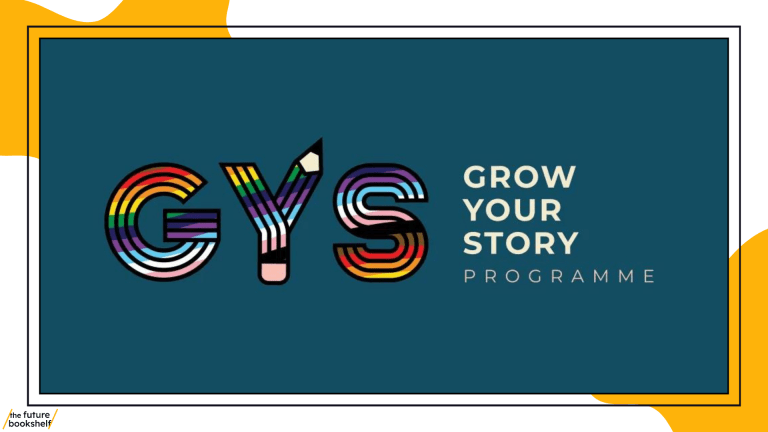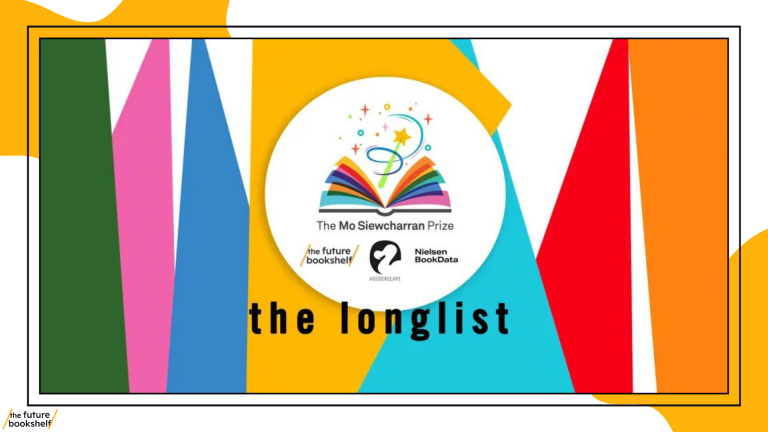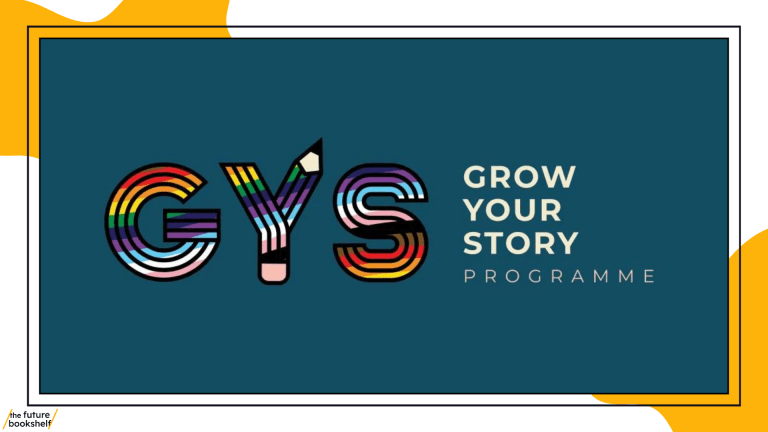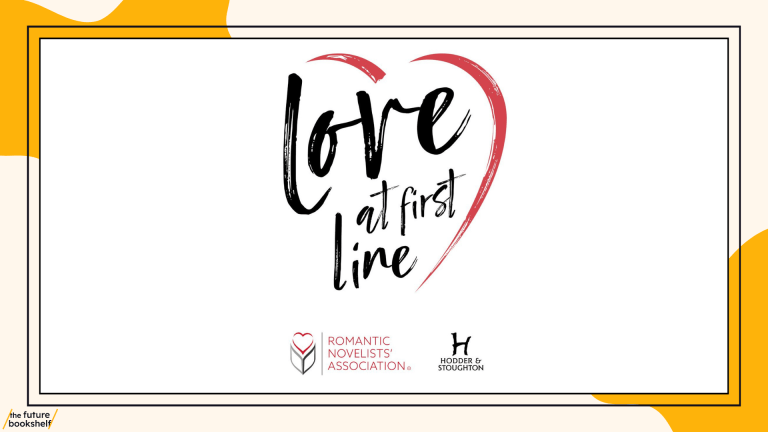Guest Blog – All the Voices in My Head

The importance of voice, as told by The Prime Writers‘ Louise Beech.

For me, the greatest freedom in writing is voice. It’s the most difficult thing to define, to describe, to categorise, to explain, but it’s what makes us uniquely us in our prose; that tendency to indulge in run-on sentences or to repeat things or rely on poetry, whatever our penchant. Our inimitable style is how we rise above the black and white words and be ourselves. Unless, of course, we’re trying to be someone else.
When writing my new novel, The Mountain in my Shoe, I was trying to be a variety of people. Aren’t we always doing that in our work? No, not always. Say for example if we write from an omniscient viewpoint, then we’re seeing everything but being no one. But in a first person narrative the voice of that character must trump our own. It must trump rules, trump what’s ‘right’ – except what is right for the character.
In The Mountain in my Shoe, I was a ten-year-old boy, Conor, travelling the rocky road that is the care system; a thirty-something woman, Bernadette, struggling to find her way out of a terrible marriage, and a variety of social workers and foster carers who are writing in a Lifebook. So many styles, emotions and perspectives to give truth to. Because that’s what I always strive for. Each character deserves his or her own authenticity.
Perhaps young Conor was the hardest of all to honour. I found myself telling someone that I’d never been a ten-year-old boy so how could I do his story, his words, justice? But then I realised that a child is a child. And we have all been children. Plus, I have a lovely son upon whom I based many of his great characteristics.
And I have been briefly in care. Not in the way Conor has. Not for years and years. But I know the feeling of arriving in a strange place, not quite sure why you’re there or how long you’ll stay, angry and confused because you’re not an orphan, you actually have two parents. I used these emotional memories to charge Conor’s words with life. He’s shrewdly intelligent but emotionally young. He’s a mixture of his genetics (a narcissistic father and a vulnerable mother) and his upbringing (living in multiple homes) and his own strength. So I made him super observant, prone to sweary outbursts, a magician with certain truths, and full of heart.
Writing Bernadette should have been easier, but no; she’s perhaps the female least like myself that I’ve so far written. (Or so I thought at first.) She’s shy, private, a devoted wife with little self-esteem until she rises to the giant challenge of finding missing Conor, and leaving her controlling husband. Her voice emerges slowly. She gives little away to begin with, finally finding confidence to open up as she journeys physically through the night. I’m a natural chatterbox so I found it curious to restrain this instinct and be gentle Bernadette. It was a real lesson in voice.

When writing the numerous entries in a Lifebook I had to really do the most research. Having done voluntary work with children going through the care system, I’ve seen numerous reports and documents. I’ve spoken to social workers and care providers and foster families. I befriended a young girl who’s now grown up and still in my life. She is still waiting for her Lifebook, so in many ways it felt I was trying to fill her void. The reports I created had to reflect those I’ve seen, but also take into account a reader’s patience. So I mimicked the style but shortened them somewhat.
As a perfectionist, it was hard to resist this nit-picking tendency and write as Conor’s mum Frances, a poorly-educated and vulnerable woman with mental health issues. Her misspelt, heartfelt letters full of grammatical errors touched me the most. I rewrote them over and over, wanting her lack of writing ability to be consistent, to be realistic, but to not make a mockery of her. She deserved her story be told how only she could.
When giving first person voice to characters I try to be instinctive and disciplined. If I’m lazy I’ll relax and write the way I naturally do, rather than using words they favour, rather than making the mistakes they do, rather than exaggerating or lying the way they do. I also read aloud frequently. There’s nothing quite like actually hearing them come off the page. If it sounds right, it will be right. There were moments when family members wondered who on earth I was talking to, but they appear to be used to my outbursts now.
At times, when writing The Mountain in my Shoe, I was overwhelmed. So many characters demanding my attention, needing me to make them real. My chapters alternate between the three narratives – between Conor, Bernadette and the Lifebook – so I listened to certain pieces of music to ‘put me in mind’ of each of them. Relaxing classical songs for Bernadette, young chart hits for Conor, and nothing but silence for the more factual reports and letters. This helped remind me who I was – where I was, why I was.
I felt like a puppet master, pulling the strings on various marionettes at the same time, each one doing a different dance. I’ve no idea how I stopped the strings getting tangled. I was terrified the result would be a complicated mess. So I hope each character speaks to the reader, clearly, and in a voice uniquely theirs. I hope that Conor, Bernadette and the Lifebook give readers the full story.

The Mountain in my Shoe (Orenda Books) was released on Kindle July 15th and will be out in paperback in September.





